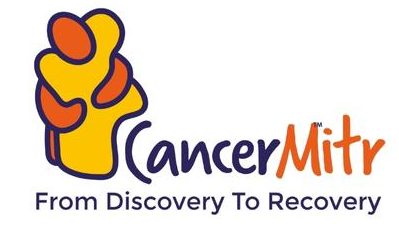Chemotherapy is an effective treatment option against cancer, but it causes a lot of side effects. As a result, people tend to avoid or delay cancer treatment because they fear the side effects, fueled by the notion that the therapy would leave them in worse shape than the disease itself. It is imperative for people to know that these side effects can be managed effectively. Continue reading to learn more about how to handle chemotherapy-induced side effects.
What is chemotherapy?
Chemotherapy is a treatment that involves powerful drugs that destroy fast-growing abnormal cells in the human body, notably cancer. There are several types of drugs, and they are either used alone or in combination.
It is used as;
- A single cancer therapy
- To prepare a patient for treatment by reducing the tumour size
- To destroy existing cancer cells following surgery or other treatment procedures
What are the side effects of chemotherapy?
Chemotherapy involves injecting medications that resemble poison into the body, hoping they will kill all the cancerous cells. However, it is important to note that it is not poison and not all chemotherapy drugs lead to side effects.
Common side effects of chemotherapy are as follows;

Nausea /
Vomiting

Diarrhoea

Constipation

Pain

Easy bruising

Bleeding
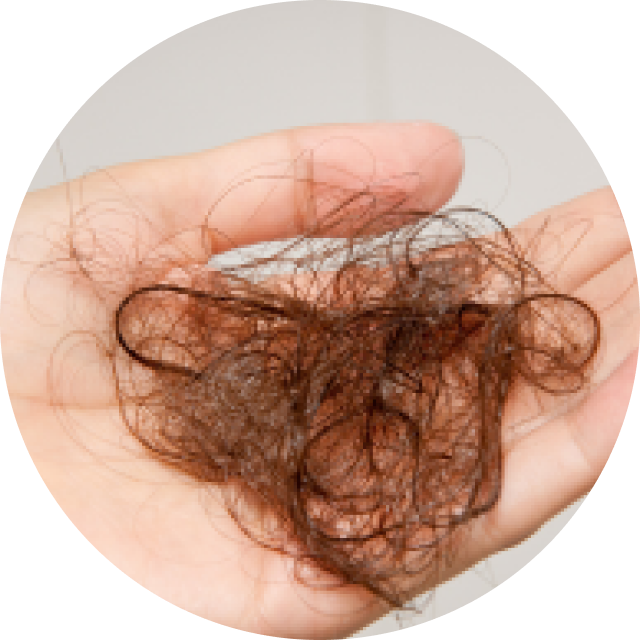
Hair loss

Loss of appetite

Fatigue

Fever

Mouth sores

Sleeping problems
Long-term side-effects of chemotherapy include;
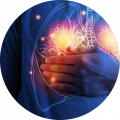
Damage to lung tissue
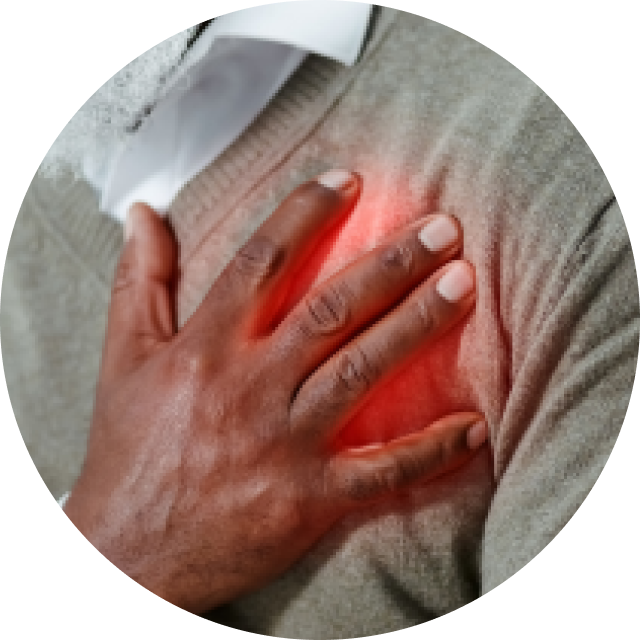
Heart problems
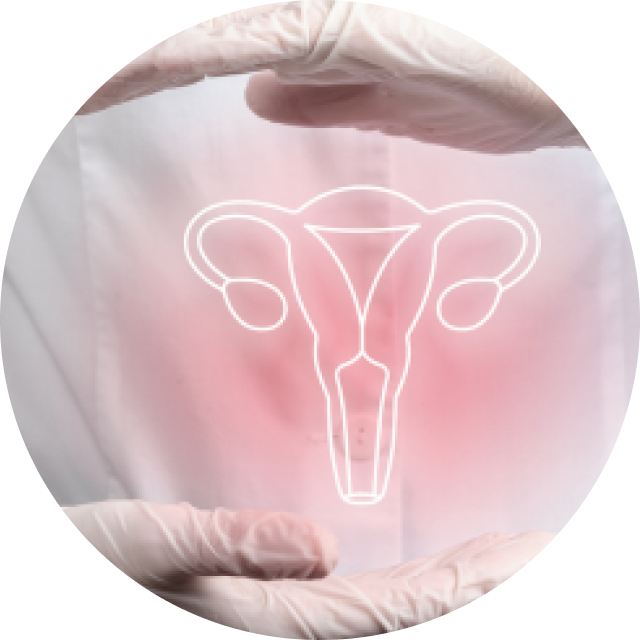
Infertility
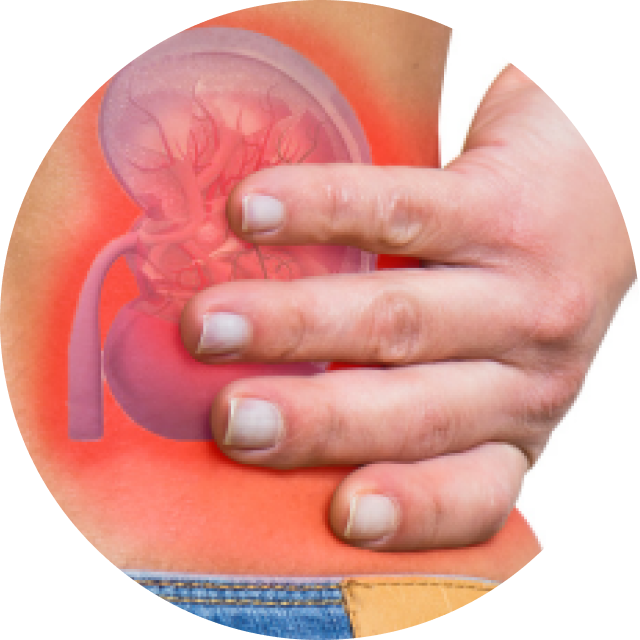
Kidney problems

Nerve damage
Also read: Why Chemotherapy Is Right for You.
How to deal with the side effects of chemotherapy?
- Natural supplements
People should consume enough food to overcome fatigue, which is challenging due to constant nausea and vomiting. Ginger helps in overcoming nausea and vomiting induced by chemotherapy.
Ginseng reduces stress and fatigue. In addition, glutamine-rich food items like eggs, spinach, cabbage, cheese, milk, beans, and seafood reduce weakness, numbness, and mouth sores.
- Medications
Medical experts offer various pills and ointments to deal with side effects like vomiting and mouth sores. People are recommended to change their medication if they feel it is not working.
- Rest
Patients undergoing chemotherapy should take plenty of bed rest if they experience weakness or fatigue. Regular energy levels usually take a while, and people should rest instead of pushing themselves too far.
- Small but frequent meals
People undergoing chemotherapy experience nausea and loss of appetite. But they must consume enough food to avoid malnourishment and other health issues.
So, it is better to have small but frequent meals instead of sticking to the usual three meals a-day routine. Eat fruits and vegetables as much as possible.
- Hydration
Vomiting and loose motion (Diarrhoea) lead to loss of energy and dehydration. People should keep themselves hydrated with a minimum of 8-9 glasses of water. They can opt for juice or decaffeinated tea.
- Shave the head
One of the most talked about side effects of chemotherapy is hair loss. Chemotherapy drugs can cause hair over 2-3 weeks after a session. People should consider cutting or shaving their heads so that they don’t have to deal with the irritation of hair loss. Hats, scarves, and wigs are available for cancer patients. Most of the time, hair loss is only temporary, and it grows back again after chemotherapy has been completed.
Also read: Small contribution, big difference: What you can do to help people fight against cancer
In conclusion
Cancer treatment involves a long journey that requires patience and sheer willpower. The challenges that come with cancer do not end overnight. However, with ample support and therapy, people can overcome anything. Every issue has several answers. Therefore people living with cancer shouldn’t hold off on looking for them.
How can CancerMitr help?
CancerMitr aims to be a good friend to every cancer patient who will be there throughout the journey from discovery to recovery.
We work with the best doctors and clinics across India to provide pre-eminent care for all cancer patients. It also involves supportive therapy to overcome the side effects of cancer treatment methods like surgery and chemotherapy.
Check out the below links for various packages we offer;
